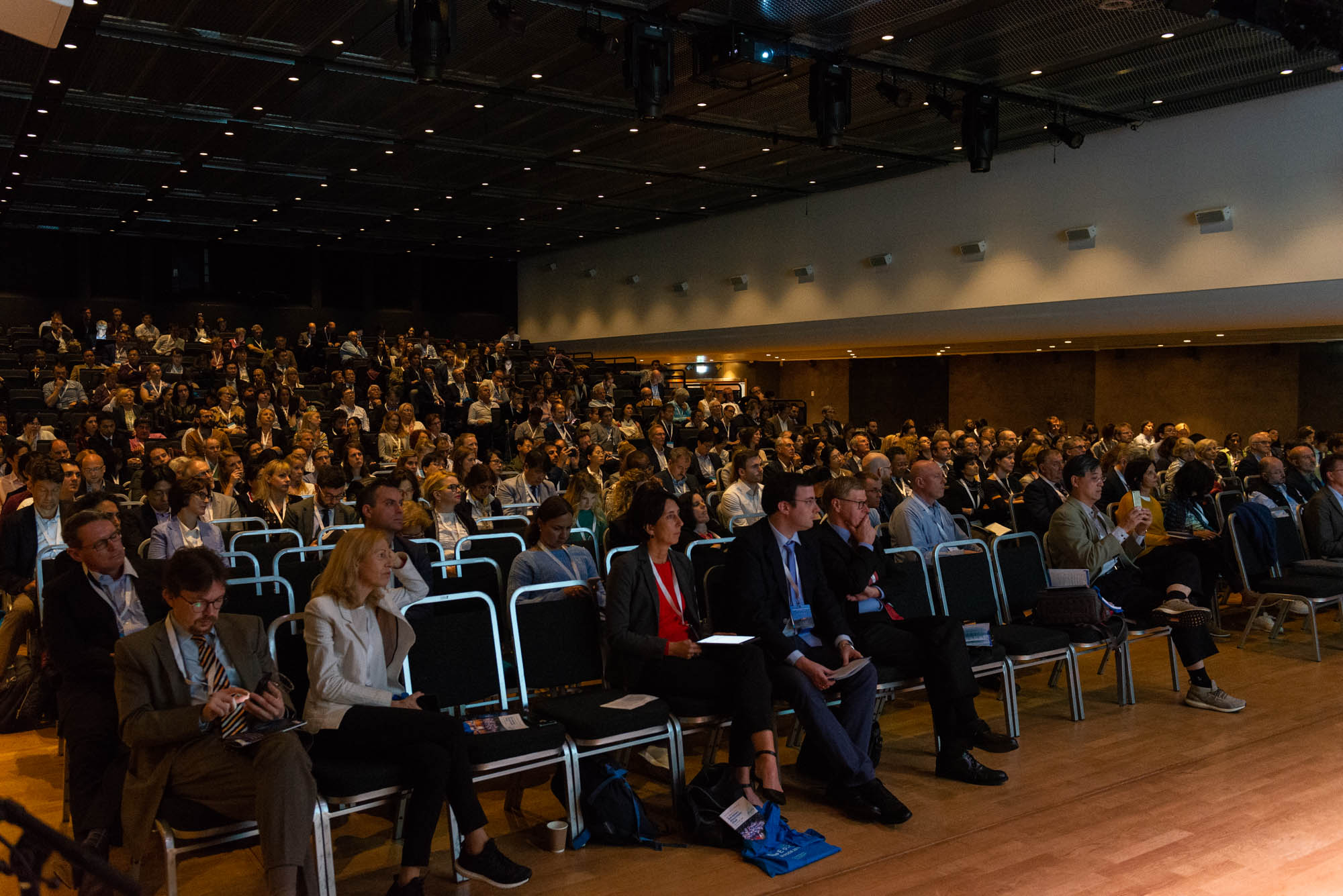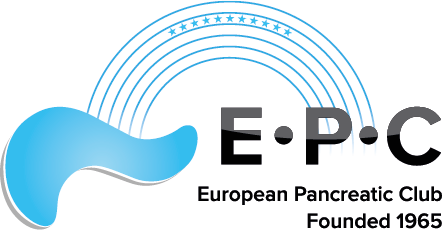The EPC was originally founded as a club during a symposium in London, held on December 9th and 10th. It was the world's first scientific society dedicated to the study of the pancreas.
As the club grew and legal requirements changed over time, the EPC saw the need to be formally registered as a professional non-profit association. This led to its founding as an Austrian "Verein", registered in Vienna on June 11th, 2019.
Historical Milestones
1965 - EPC was founded in London on December 9th and 10th at a symposium on the pancreas
1967 - A 2nd symposium was held in Marseilles, France. Since then, annual meetings have been held nearly every year
1973 - The EPC decides to lay down "internal rules"
1991 - Annual meetings started to include a "Young Researchers" corner
1992 - New statutes were introduced. The EPC became a member of the UEG
2001 - Pancreatology becomes the official journal of the EPC
2004 - 4,837 scientific presentations and 245 "state of the art" lectures were given between 1971 and 2004
2005 - The 37th annual meeting is held
2018 - The 50th EPC jubilee meeting takes place with a record number of participants
2019 - The EPC is formally registered as an Austrian "Verein" on June 11th, 2019
2020 - The EPC holds its first virtual meeting with a very high level of participation from around the world
Structure and Governance
The EPC Council consists of the President, the Past President, the President Elect, the Secretary, the Treasurer, and eight Councilors from different European countries, four from basic science and four from clinical science. There are also two YOUPPIE representatives and representatives from the UEG.
A number of abstract reviewers support the work of the Club, but are not formally part of the Council.
The EPC is managed by the Council. The Council decides on all matters not specifically assigned to the General Assembly and has the following, specific responsibilities:
- Administration of EPC business
- Organization of the annual EPC meeting as laid out in the EPC statutes
- Delegation of responsibilities to sub-committees or working parties as appropriate
- Approval of the accounts
- Preparation and execution of rules and regulations for the management of the EPC
The EPC General Assembly consists of all paying EPC members and decides on the election of the president, secretary, treasurer, councilors, accounts, annual fee, alteration of the statutes, cooperation with other societies, and dissolution of the association, among other matters as laid out in the EPC statutes.
The EPC General Assembly meets once a year during the annual meeting.



